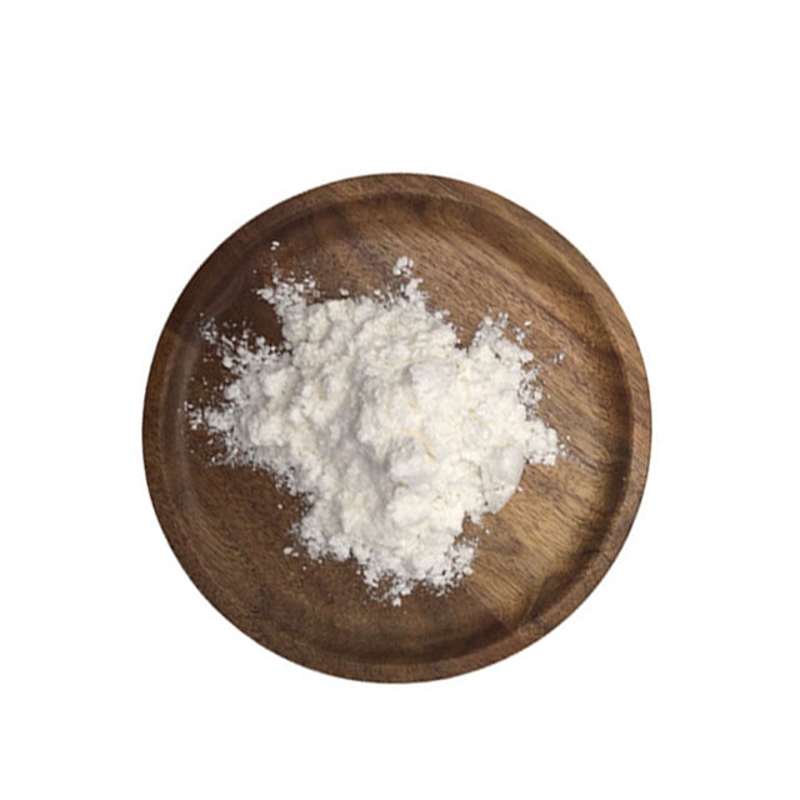-
Categories
-
Pharmaceutical Intermediates
-
Active Pharmaceutical Ingredients
-
Food Additives
- Industrial Coatings
- Agrochemicals
- Dyes and Pigments
- Surfactant
- Flavors and Fragrances
- Chemical Reagents
- Catalyst and Auxiliary
- Natural Products
- Inorganic Chemistry
-
Organic Chemistry
-
Biochemical Engineering
- Analytical Chemistry
- Cosmetic Ingredient
-
Pharmaceutical Intermediates
Promotion
ECHEMI Mall
Wholesale
Weekly Price
Exhibition
News
-
Trade Service
One of the most prescribed drugs in the Western world, PPIs increase the pH of otherwise acidic gastric juice by inhibiting H+/K+ ATPase in parietal cells
.
The main indications for long-term use of PPIs are gastroesophageal reflux disease (GERD) and gastric ulcers
with long-term use of nonsteroidal anti-inflammatory drugs (NSAIDs) or aspirin.
Long-term acid suppression of PPI therapy can lead to overproduction of the hormone gastrin and enhancement of the gastric cancer carcinogen, Helicobacter pylori, inducing fundic gland polyps and gastric atrophy
.
This may increase the risk of adenocarcinoma of the
stomach.
Reflux of acidic gastric juice can lead to erosive esophagitis, which develops into columnar metaplasia when the inflamed squamous cell epithelium is still exposed, which may develop into dysplasia and eventually esophageal adenocarcinoma
.
Rather than treating PPI treatment as exposure, this review sets out to assess the association between termination of long-term PPI therapy and the risk of gastric and esophageal adenocarcinoma, and to compare
the risk with the risk of patients continuing PPI therapy.
This population-based cohort study included all patients in Sweden who were treated with a long-term PPI from 2005 to 2018, and exposure was discontinuation of long-term PPI treatment compared with continued PPI, defined as not having PPIs assigned after inclusion and used as a variable
over time.
The primary outcomes were GAC and OAC, while esophageal squamous cell carcinoma (OSCC) was included as a comparative outcome
.
Poisson regression was used to calculate the incidence ratio (IRR)
adjusted for age, sex, comorbidities, obesity, diabetes, hyperlipidaemia, NSAIDs/aspirin, and statins.
Of the 730176 long-term PPI users (mean age 65.
6 years, 58.
4% female), 439,390 (60.
2%) stopped using PPIs
.
A total of 495 developed gastric adenocarcinoma (GAC), 598 developed esophageal adenocarcinoma (OAC), and 188 developed esophageal squamous cell carcinoma (OSCC).
Discontinuation of PPI was associated with
a reduced risk of GAC (IRR 0.
81, 95% CI 0.
67–0.
98) and OAC (IRR 0.
80, 95% CI 0.
68–0.
96).
Stratified analysis showed reductions in GAC and OAC risk point estimates for most age categories and sex in participants who discontinued PPI treatment
.
This study confirms that discontinuing long-term PPI therapy may reduce the risk of GAC and OAC, suggesting that physicians should consider discontinuing
prescriptions for long-term PPIs in patients who do not continue to use PPIs.
Original source:
Dag Holmberg.
et al.
Risk of gastric and oesophageal adenocarcinoma following discontinuation of long-term proton-pump inhibitor therapy.
Journal of Gastroenterology.
2022.







